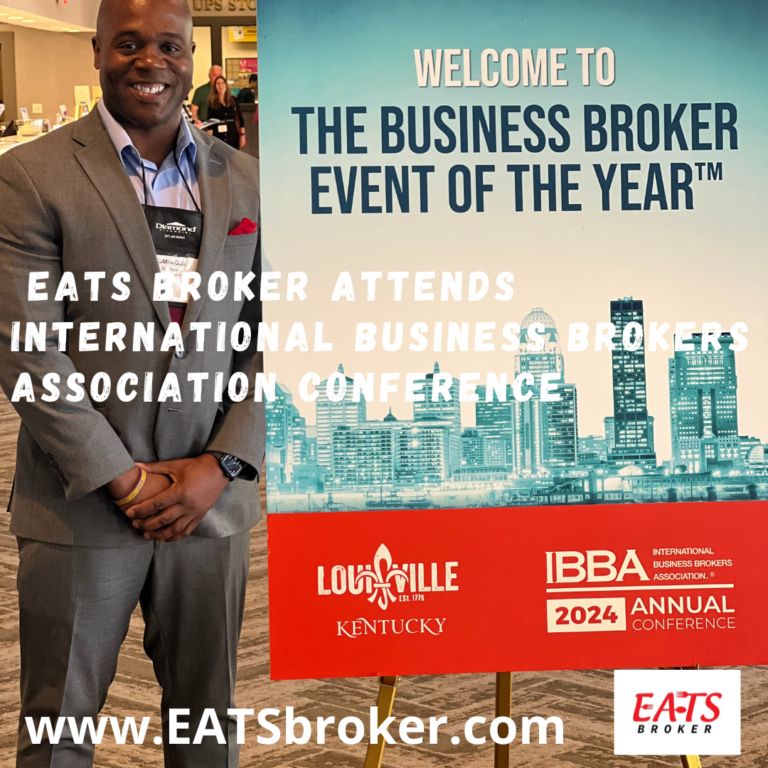
EATS Broker attends International Business Brokers Association Conference
Dominique Maddox of EATS Broker attends the International Business Brokers Association conference at the Galt House in Louisville, Kentucky. The IBBA conference brings the top

Dominique Maddox of EATS Broker attends the International Business Brokers Association conference at the Galt House in Louisville, Kentucky. The IBBA conference brings the top

Dominique Maddox of EATS Broker sells Almost Home Taphouse in Little Elm, Texas. EATS Broker was the Business Intermediary for the seller and buyer during
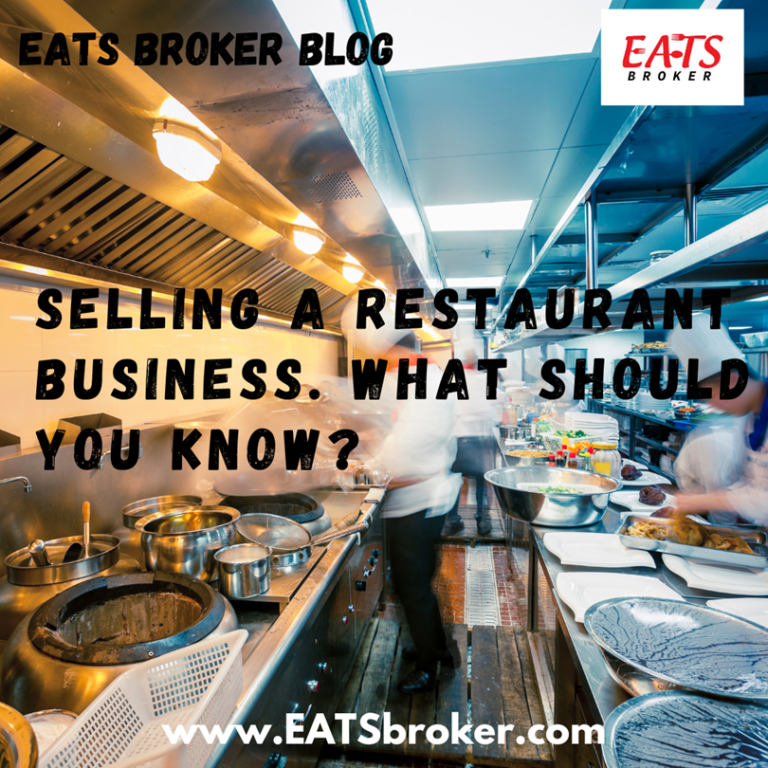
What are the steps to the closing table when selling a restaurant business? Each restaurant resale transaction is different because the terms and participating professionals
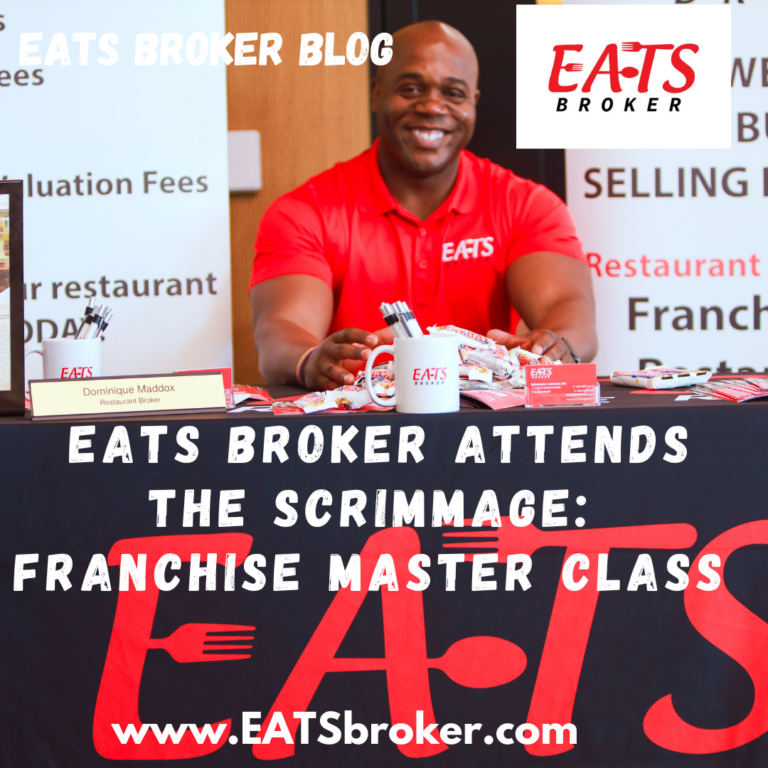
Dallas Restaurant Broker Dominique Maddox at EATS Broker.
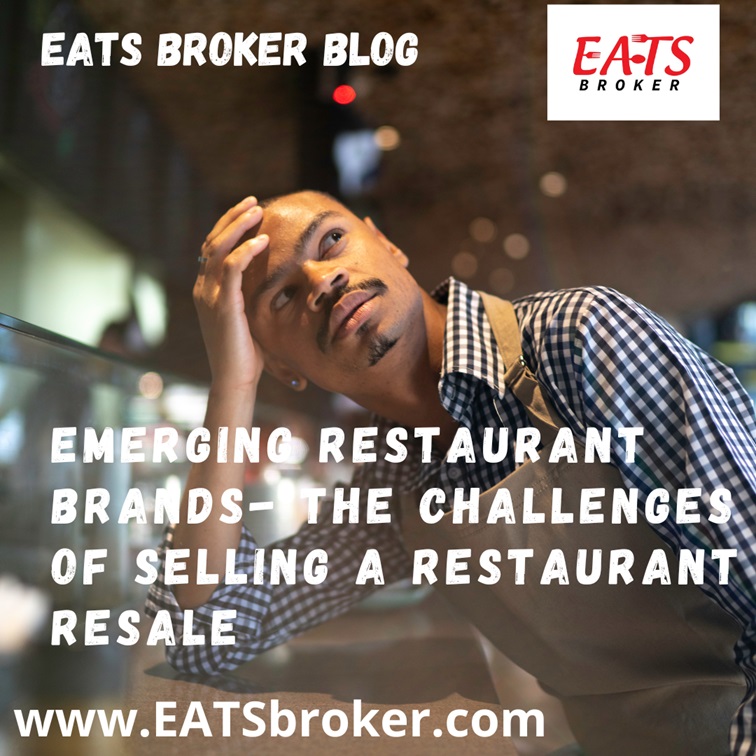
Selling a Restaurant resale, especially for an emerging brand, can present many challenges. An Emerging Restaurant Brand can be defined as a Franchise Brand with
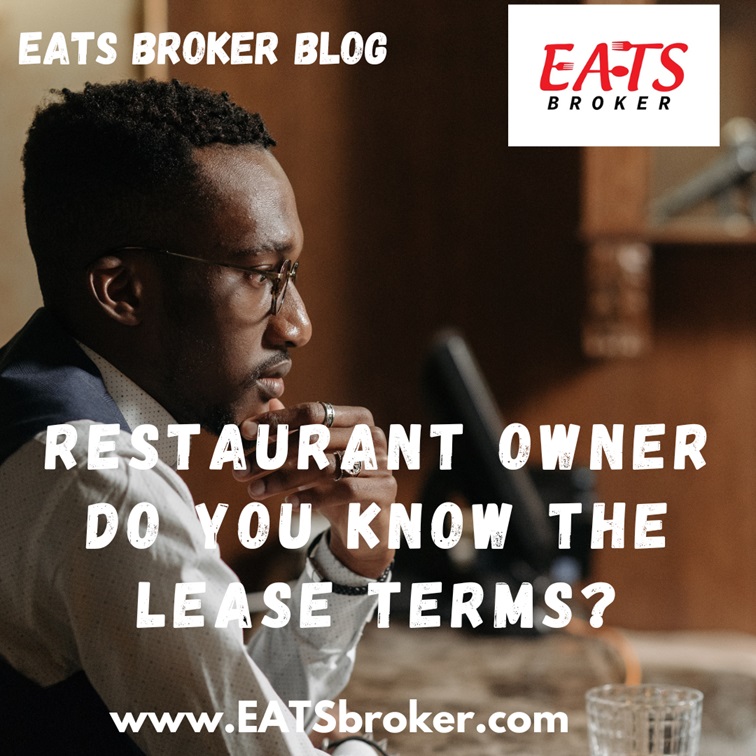
Ask a Restaurant Owner if you know the lease terms of your restaurant. The common answer will be, “Yes, I signed the lease agreement and
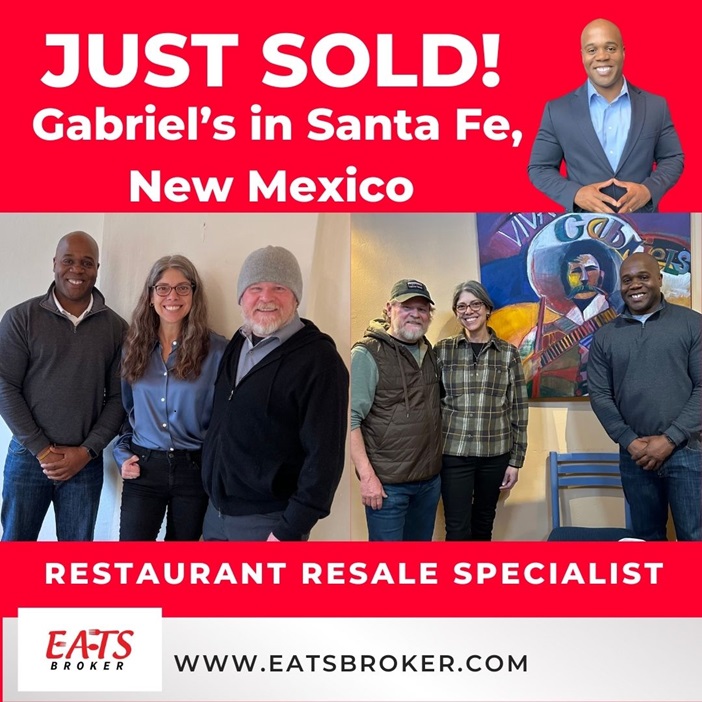
Restaurant Broker Dominique Maddox of EATS Broker sells Gabriel’s located at 4 Banana Ln, Santa Fe, New Mexico. EATS Broker represented the seller and buyer
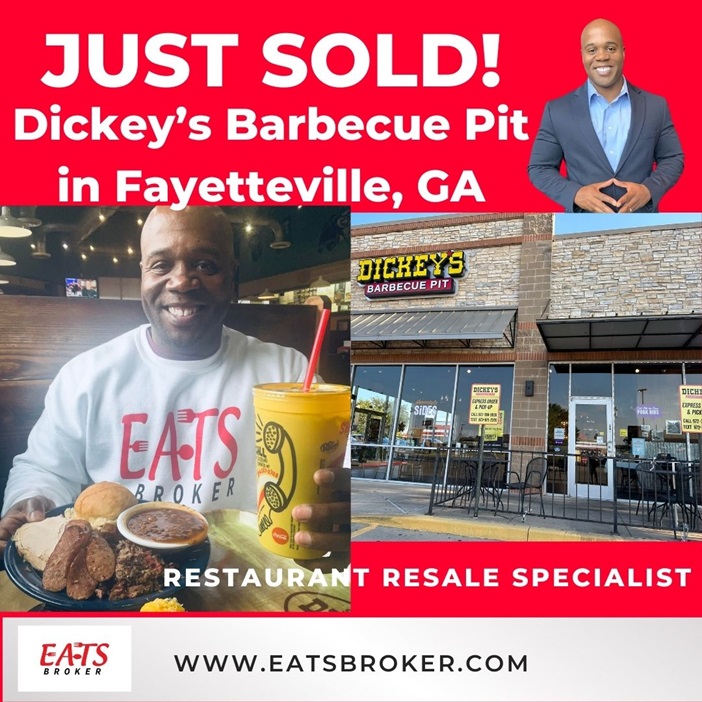
Dominique Maddox of EATS Broker sells a Dickey’s Barbecue Pit in Fayetteville, Georgia. EATS Broker represented the seller and buyer. The seller owned the business
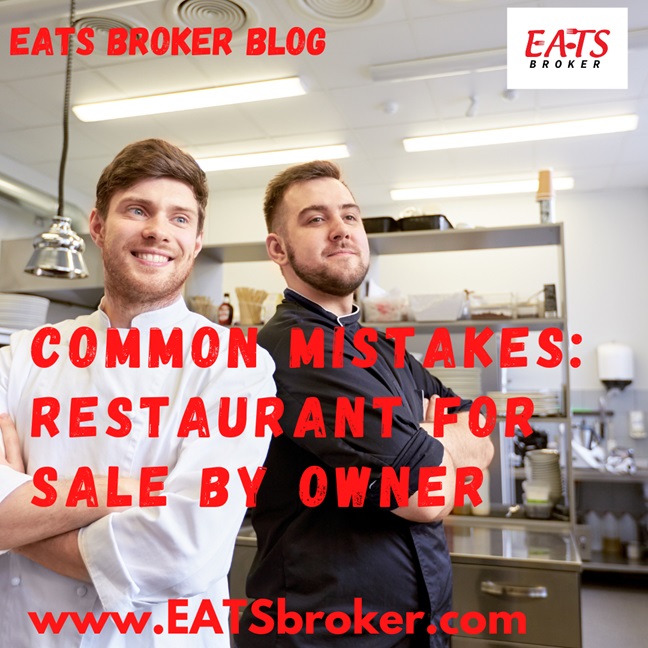
Restaurant for Sale by Owner listings usually try selling a restaurant business without the assistance of a Restaurant Broker. Some restaurant owners decide to sell

© Copyright 2025 EATS Broker | Consumer Protection Notice | Information About Brokerage Services